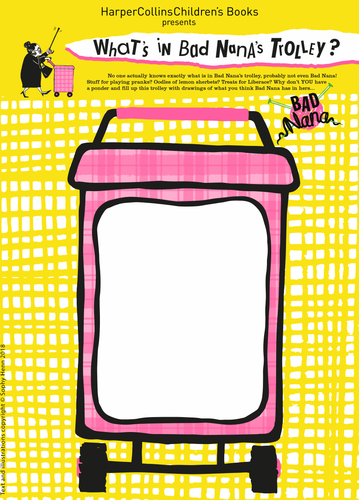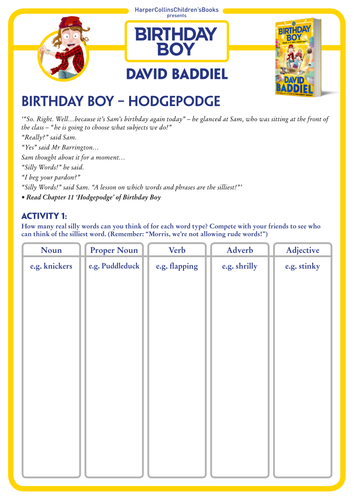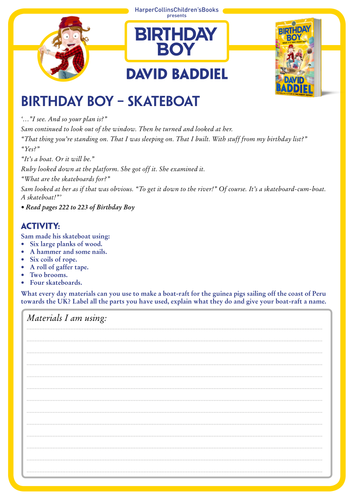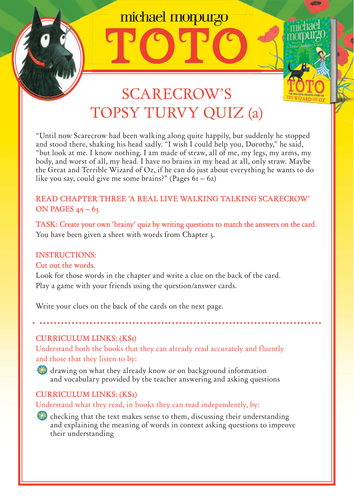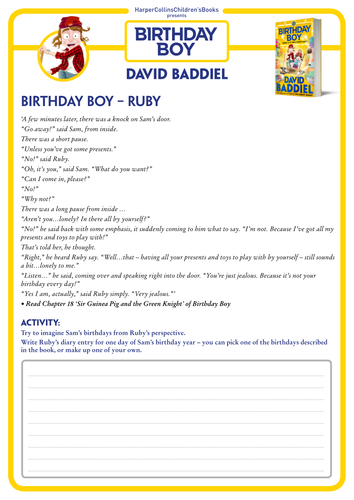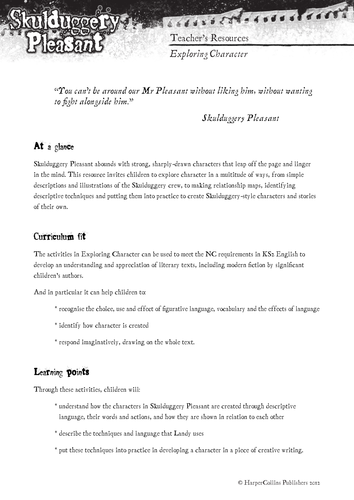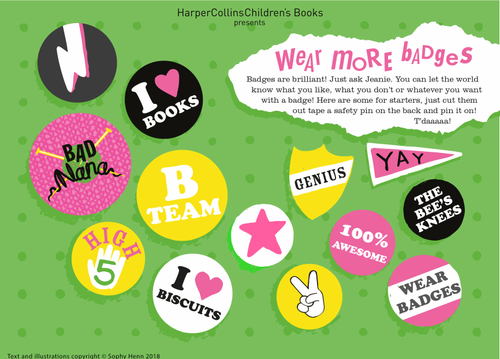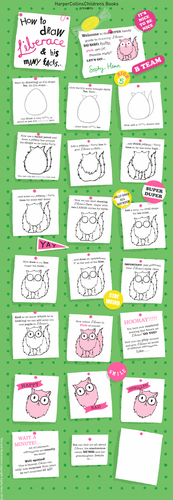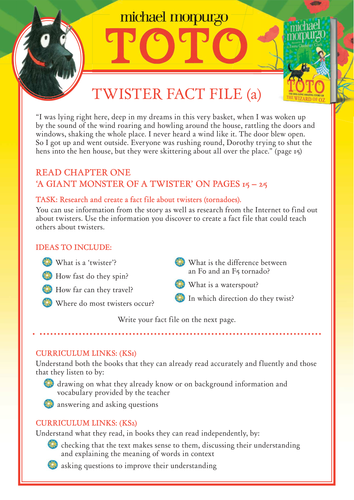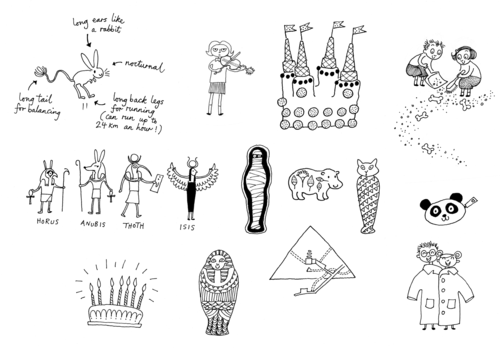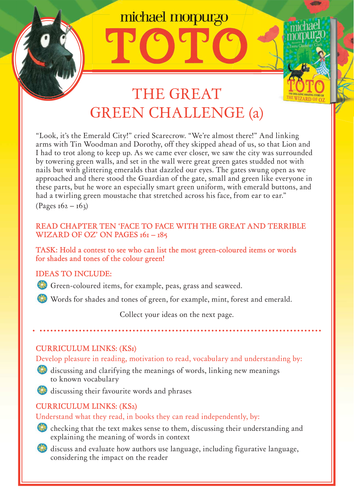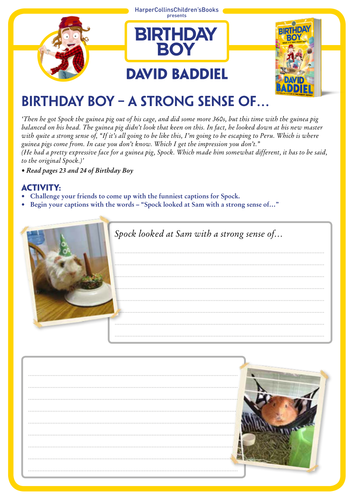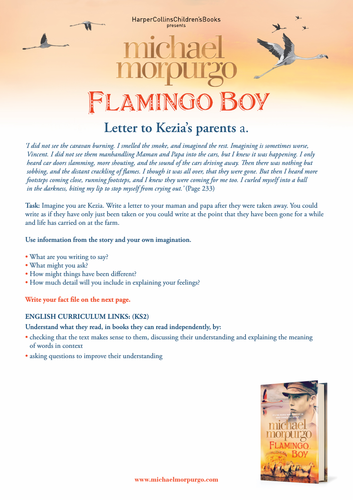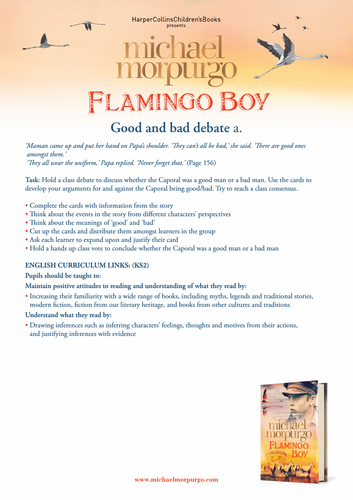HarperCollins Children's Books's Shop
Free teaching resources from HarperCollins Children's Books, publisher of timeless classics such as The Chronicles of Narnia and The Hobbit, as well as perennial family favourites like Judith Kerr’s The Tiger who Came to Tea and Michael Bond's Paddington. HarperCollins Children's Books is also home to some of the most popular authors in children’s literature today, including David Walliams, Derek Landy, Michael Morpurgo, Louise Rennison and Oliver Jeffers.

